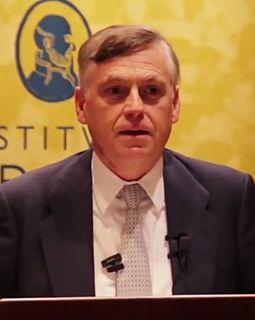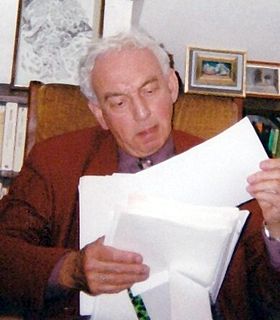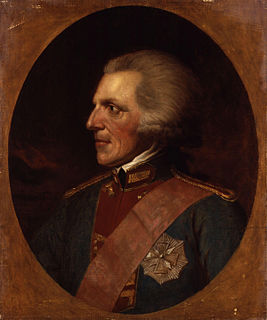A Quote by Albert Einstein
Development of Western science is based on two great achievements: the invention of the formal logical system (in Euclidean geometry) by the Greek philosophers, and the discovery of the possibility to find out causal relationships by systematic experiment (during the Renaissance). In my opinion, one has not to be astonished that the Chinese sages have not made these steps. The astonishing thing is that these discoveries were made at all.
Quote Topics
Achievements
Astonished
Astonishing
Based
Chinese
Development
Discoveries
Discovery
Experiment
Find
Formal
Geometry
Great
Great Achievement
Greek
Greek Philosopher
In My Opinion
Invention
Logical
Made
Opinion
Out
Possibility
Relationships
Renaissance
Science
Steps
System
Systematic
Thing
Two
Were
Western
Related Quotes
The words 'theory' and 'practice' are of Greek origin; they carry our thoughts back to the ancient philosophers by whom they were contrived, and by whom they were also contrasted and placed in opposition, as denoting two mutually conflicting and mutually inconsistent ideas. ... [this fallacy] based on a double system of natural laws retarded for centuries the development of physical science, notably mechanics.
The most remarkable discovery made by scientists is science itself. The discovery must be compared in importance with the invention of cave-painting and of writing. Like these earlier human creations, science is an attempt to control our surroundings by entering into them and understanding them from inside. And like them, science has surely made a critical step in human development which cannot be reversed. We cannot conceive a future society without science.
Hinduism has made marvelous discoveries in things of religion, of the spirit, of the soul. We have no eye for these great and fine discoveries. We are dazzled by the material progress that Western science has made. Ancient India has survived because Hinduism was not developed along material but spiritual lines.
Mathematics has two faces: it is the rigorous science of Euclid, but it is also something else. Mathematics presented in the Euclidean way appears as a systematic, deductive science; but mathematics in the making appears as an experimental, inductive science. Both aspects are as old as the science of mathematics itself.
The classical theorists resemble Euclidean geometers in a non-Euclidean world who, discovering that in experience straight lines apparently parallel often meet, rebuke the lines for not keeping straight as the only remedy for the unfortunate collisions which are occurring. Yet, in truth, there is no remedy except to throw over the axiom of parallels and to work out a non-Euclidean geometry.
It drove me mad not being able to know more about Pink Floyd when I was a little kid. But that's the great thing - there was this mystery behind it, and we couldn't find out enough. It made your mind work, it made you seek after it or try to interpret it. It made you envision or imagine what they were doing.
Discoveries are always accidental; and the great use of science is by investigating the nature of the effects produced by any process or contrivance, and of the causes by which they are brought about, to explain the operation and determine the precise value of every new invention. This fixes as it were the latitude and longitude of each discovery, and enables us to place it in that part of the map of human knowledge which it ought to occupy. It likewise enables us to use it in taking bearings and distances, and in shaping our course when we go in search of new discoveries.


































